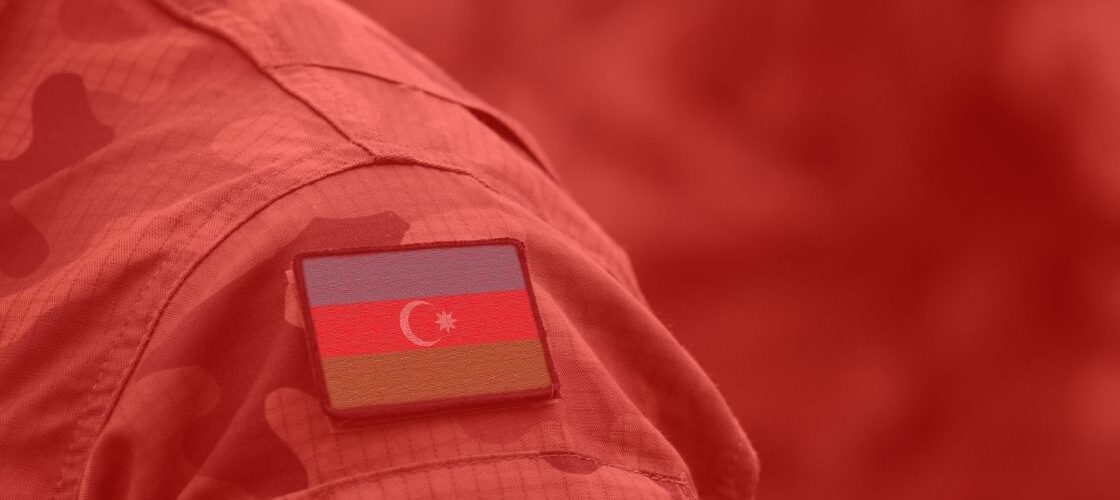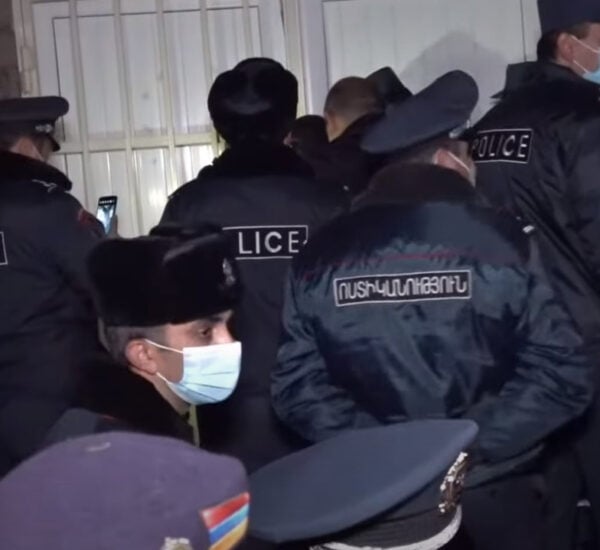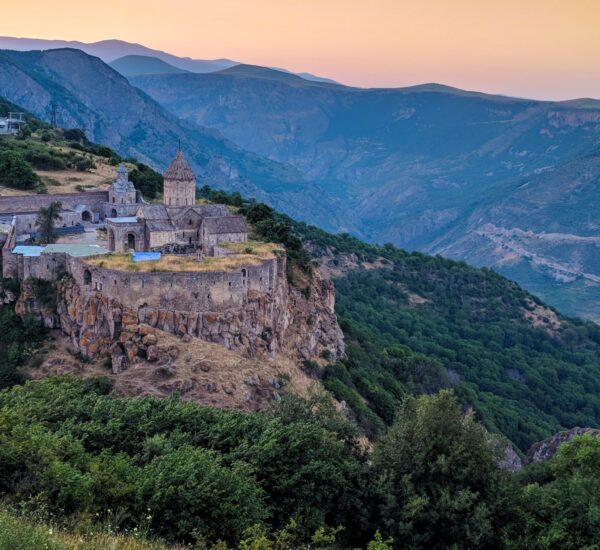-A Dangerous Azerbaijan Propaganda Continues-
International law states that at the end of hostilities and armed conflicts prisoners of war should be repatriated if they haven’t committed a crime and won’t be standing trial.
According to IHL (International Humanitarian LAW):
- POWS must be treated humanely in all circumstances
- They are protected against any act of violence and insult.
On November 9, 2020, Armenia, Azerbaijan, and Russia signed a peace treaty to end the 44-day war in the disputed territories of Nagorno Karabakh. According to the point 8 of the trilateral statement, the sides should exchange the prisoners of war, hostages, and other detainees following the all-for-all principle. Armenia has returned all the Azerbaijani prisoners.
Five months after this agreement, Azerbaijan has not yet fulfilled its commitments assumed neither by the November 9 treaty nor by international agreements.
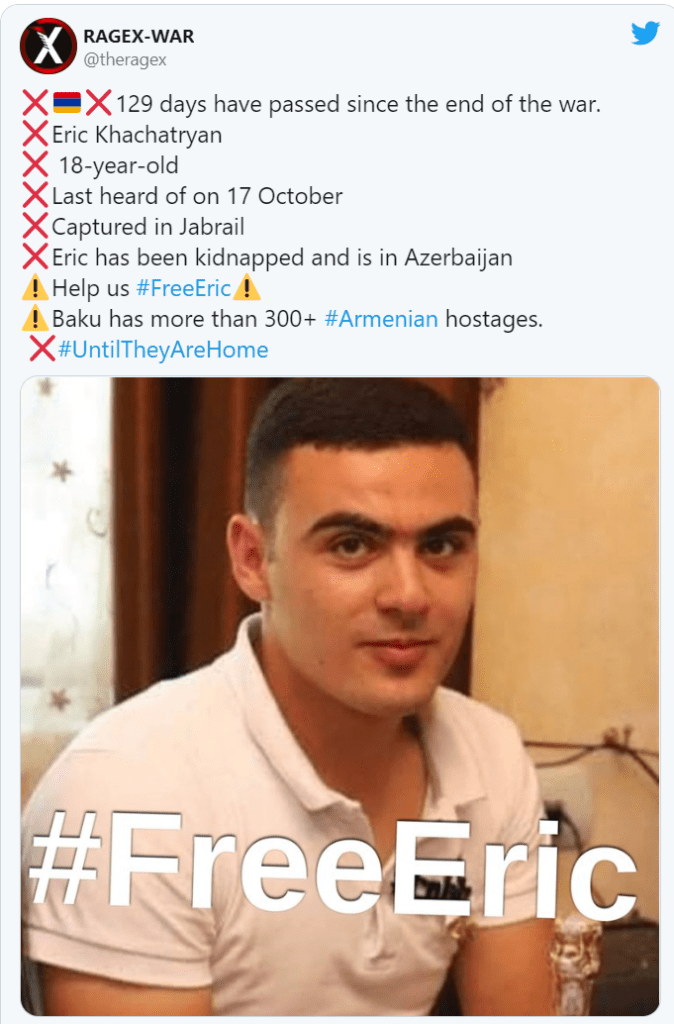
POWs Returned to Armenia by Azerbaijan
On December 14, 2020, the sides exchanged prisoners of war for the first time after the trilateral agreement. Azerbaijan released 44 prisoners of war in exchange for two Azerbaijani insurgents” Asgarov and Shahbaz Guliyev ”
These The two men were captured in 2014 in Kelbajar, Nagorno Karabakh, and convicted of illegal border crossing, espionage, and kidnapping. One of the two men was found guilty of killing a 17-year-old boy.
On December 28, 2020, with the mediation of Russian peacekeeping forces and the International Committee of Red Cross, four Armenian prisoners of war were transferred to Armenia.

It is important to note that two of these people were civilians. By returning captured civilians, Baku confirmed the international crime committed by the military forces of Azerbaijan
Five detainees were transferred to Armenia on January 28. Another group of five detainees arrived in Armenia on February 9. Eight of these people were part of the group of 62 servicemen captured by Azerbaijani troops in Khtsaberd, Artsakh, in December 2020 when the hostilities were officially over.
A case that has received a lot of press coverage was that of Maral Najarian, a Lebanese Armenian woman captured by the military forces of Azerbaijan on November 10, 2020. On this day, the war was already officially over.
On March 10, Maral Najarian arrived in Beirut after four months of being held captive by Azerbaijan. Thanks to the efforts of the Lebanese government, the woman was finally released from a security prison near Baku.
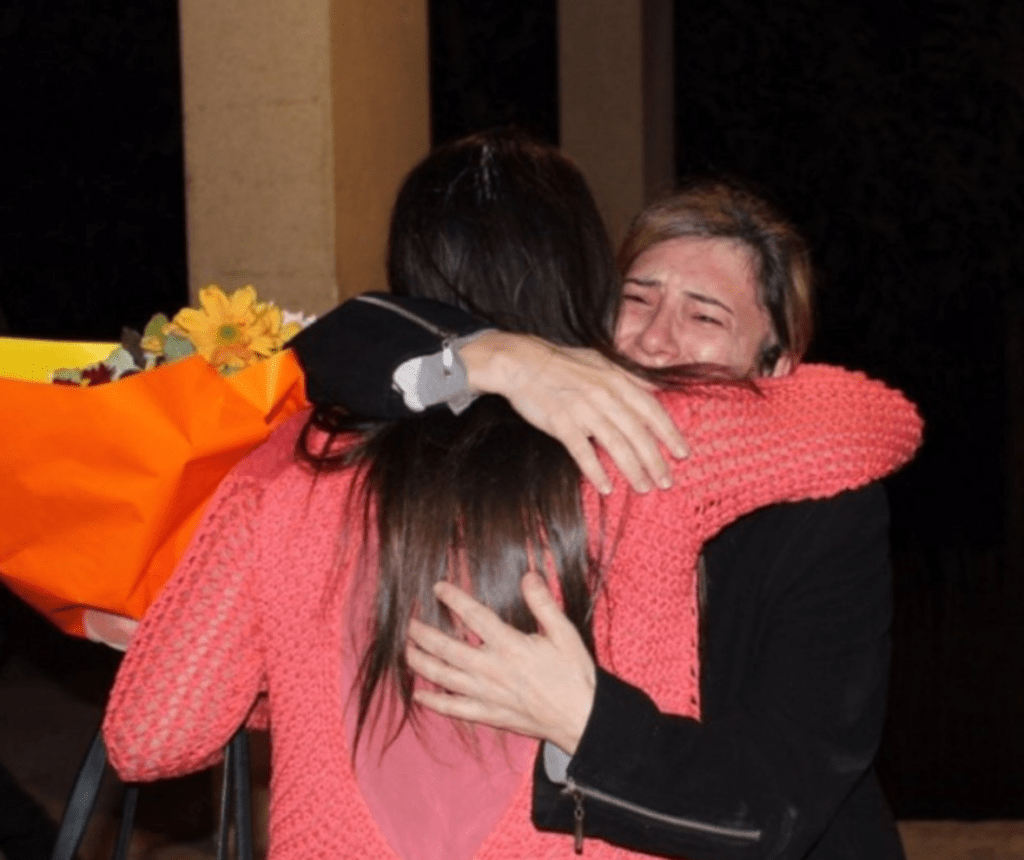
Azerbaijan’s Deconstructive Statements and Intentional Delay of the Process
The Human Rights Defender Arman Tatoyan has reported more than once that Azerbaijan delays the process of exchanging the prisoners of war. Baku does this to not only cause emotional suffering to the Armenian society but to also put pressure on the authorities.
Even the trilateral meeting between the leaders of Armenia, Russia, and Azerbaijan hosted on January 11 left the issue unresolved, with dozens of prisoners of war still detained by Baku. After the 4-hour meeting, Armenia’s prime minister Nikol Pashinyna stated that the sides are yet to make efforts in order to fulfill the corresponding point of the trilateral agreement.
The peace treaty states that the sides should exchange not only prisoners of war but also civilian detainees and other hostages following the all-for-all principle. On February 26, Azerbaijani President Ilham Aliyev stated in his interview to a Ukrainian TV channel that Baku has returned all the prisoners of war they had. Other people held in custody are not POWs but terrorists and saboteurs.
On January 9, 2020, the Ministry of Foreign Affairs of Armenia released a statement condemning Azerbaijan’s intentions of initiating prosecution against the Armenian prisoners of war as doing it is a violation of international humanitarian law.
Aliyev stated that the 62 servicemen detained by Azerbaijani armed forces are not prisoners of war but a provocative group the members of which should stand a trial in Azerbaijan. According to Aliyev, the servicemen were detained as a result of an anti-terrorist operation.
Ombudsman Armen Tatoyan released a statement as a reply to Aliyev’s announcement. Tatoyan once again claimed that the servicemen are civilians and have a status of captives. Azerbaijan does not have the right to initiate criminal proceedings against them as they were performing their military duty on the territory of Artsakh.
Earlier in February prime minister Nikol Pashinyan stated in an interview that the issue of the prisoners of war will be resolved. The representatives of the sides are constantly in touch to reach an effective solution and fulfill the requirements of the agreement.
On March 15, the Minister of Foreign Affairs of Azerbaijan Jeyhun Bayramov restated Aliyev’s claim that Azerbaijan has returned to Armenia all POW.
Yerevan finally addressed the disturbing Azerbaijani claims. Armenian Foreign Ministry spokesperson Ann Naghdalian commented on the distorted information spread by Bayramov. Naghdalian invoked the point of the agreement regarding the exchange of POWs, captured civilians, and detainees.
The spokesperson also stated that the European Court of Human Rights has taken active interim measures against Baku with respect to 188 captured servicemen and civilians.
Despite the numerous interim reports, Azerbaijan has not provided information on the captured servicemen and civilians in the time limits set by the Court. And while there are 188 confirmed cases, the number of POWs is likely to be higher as hundreds of Armenian servicemen are still missing.
International Community Reacts
On March 19, Human Rights Watch (HRW) released a statement accusing Azerbaijan of inhumane treatment and torture of the Armenian prisoners of war and civilian detainees.
Additionally, the international organization urged Baku to provide information on the number and whereabouts of Armenian POWs, captured civilians, and servicemen detained after the war.
The HRW insists that Azerbaijan follows the international humanitarian law and releases all remaining detained people.
HRW interviewed servicemen released from Azerbaijani custody. They described the ill-treatment they received while in custody, including beatings and electric shocks.
The prisoners of war didn’t receive enough water and food either. The HRW has also analyzed and verified around two dozen videos depicting how cruelly Azerbaijani soldiers treat Armenian POWs and civilians.
